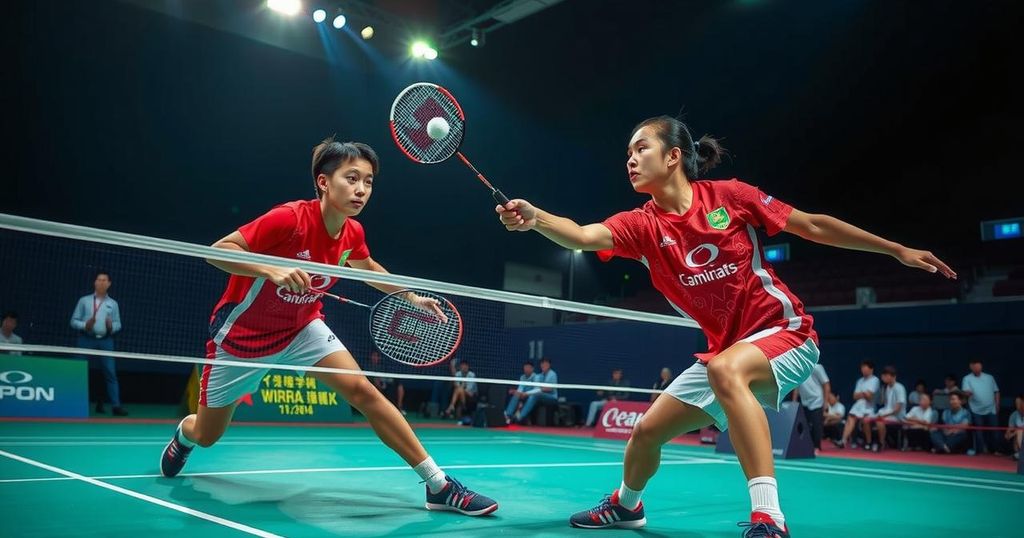US-China Trade War: Opportunities for India to Enhance Exports and Manufacturing
The escalation of the US-China trade conflict could benefit India by boosting its exports and attracting American investments, according to the Global Trade Research Initiative (GTRI). With the introduction of new legislative measures aimed at countering China’s trade practices, Indian manufacturing sectors may gain an edge as US companies seek alternatives to Chinese production. GTRI advocates for India to reconsider its investment strategies to optimize growth amid changing global trade dynamics.
According to the Global Trade Research Initiative (GTRI), the intensification of the US-China trade war is poised to provide India with a significant opportunity to enhance its export capabilities and attract foreign investment from American corporations. The sentiment was shared following the recent introduction of two key legislative proposals in the US Senate: the “Neither Permanent Nor Normal Trade Relations Act” (PNTR Act) and the “Axing Non-Market Tariff Evasion Act” (ANTE Act). Both pieces of legislation seek to increase tariffs and impose new trade restrictions targeting China’s trade practices. The PNTR Act aims to eliminate China’s preferential trade status, while the ANTE Act focuses on implementing stricter measures against non-market economies, particularly China and Russia. Ajay Srivastava, the Founder of GTRI, emphasized that while these legislative initiatives are designed to shield American industries, they concurrently present strategic opportunities for nations such as India to bolster their manufacturing sectors. As US firms reevaluate their dependencies on China, there is a potential for a surge in investments into Indian sectors such as electronics, textiles, and general manufacturing. Mr. Srivastava advocates for India to reassess its strategy in inviting Chinese investments, particularly those aimed at enhancing exports, due to the risks associated with US companies’ actions against China’s trade practices, which could inadvertently affect India’s export outcomes. The implementation of increased tariffs on Chinese goods could furnish India with an opportunity to fortify its manufacturing base. Moreover, the GTRI has urged the Indian government to proactively pursue investment from multinational corporations that are seeking alternatives to Chinese enterprises. Strengthening domestic production, particularly in critical sectors like electronics, machinery, textiles, and solar panel manufacturing, will be vital in addressing the void left by diminished Chinese imports to the US.
The ongoing trade war between the United States and China has significant implications for global trade dynamics, particularly as the US has introduced legislative measures aimed at increasing tariffs on Chinese goods. This escalation creates a landscape wherein countries like India might capitalize on the departing Chinese market share, potentially enhancing their manufacturing output and exports. The GTRI articulates that the introduction of specific legislative acts by the US Senate is indicative of a strategic pivot that not only aims to safeguard US industries but also opens avenues for growth within India’s manufacturing sector.
In summary, the escalation of the US-China trade war presents a distinctive opportunity for India to strengthen its manufacturing sector and increase exports. As American companies begin to seek alternatives to China, India stands at the cusp of potential growth in key industries. Strategic governmental initiatives to attract multinational investments, coupled with a reassessment of ties with Chinese firms, will be pivotal in realizing these opportunities. By enhancing domestic production capabilities, India can effectively fill the market void created by reduced Chinese imports and further solidify its position in global supply chains.
Original Source: www.business-standard.com








Post Comment